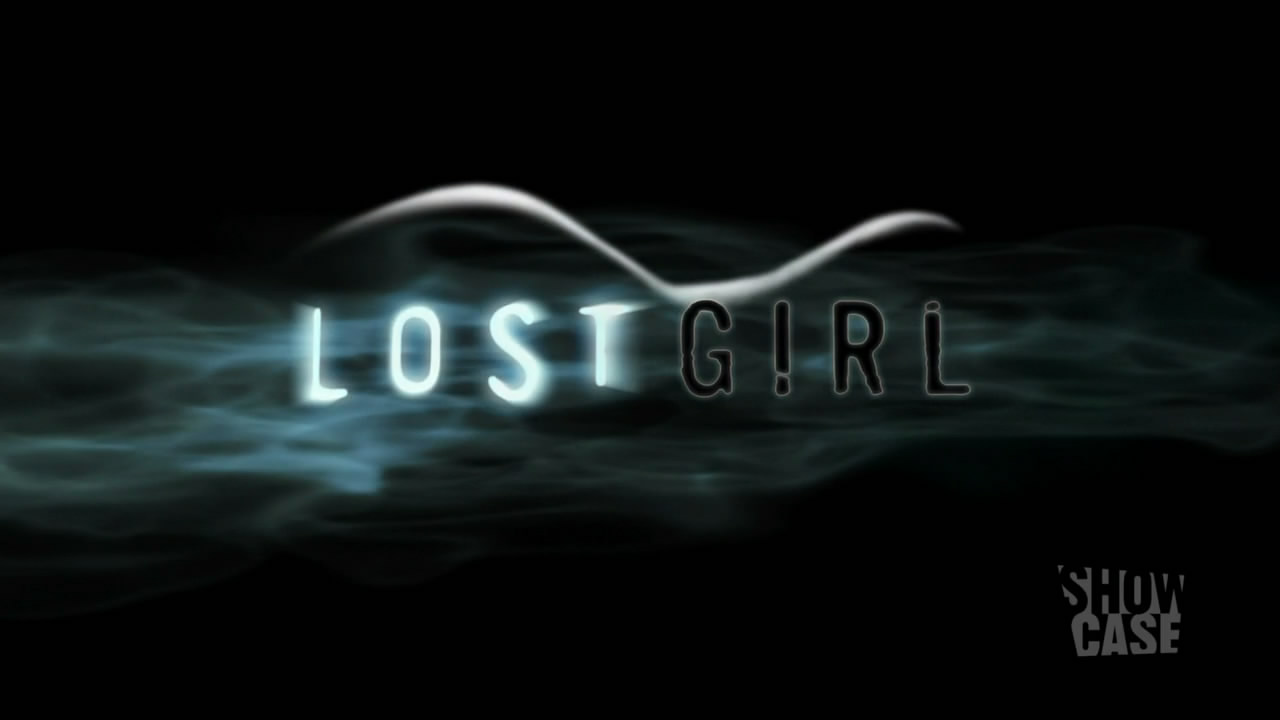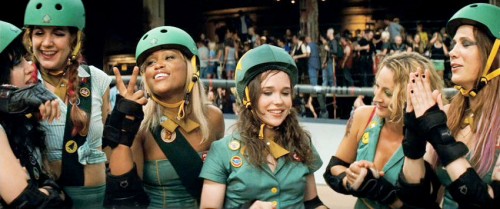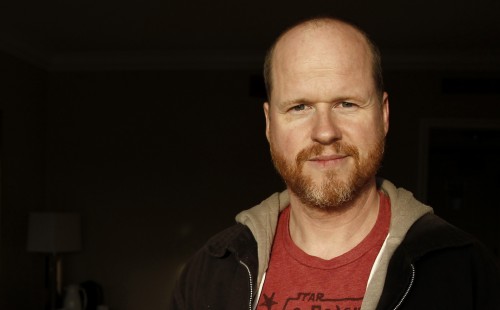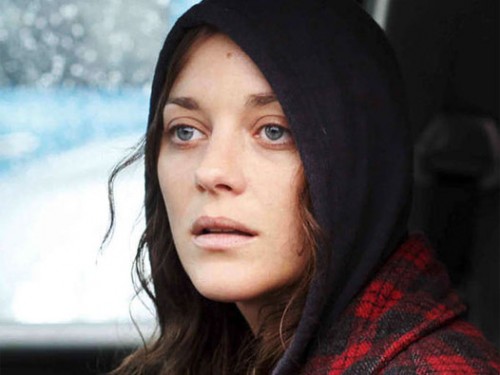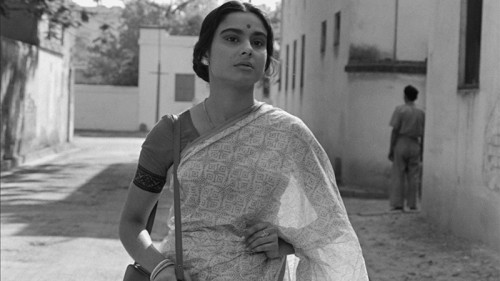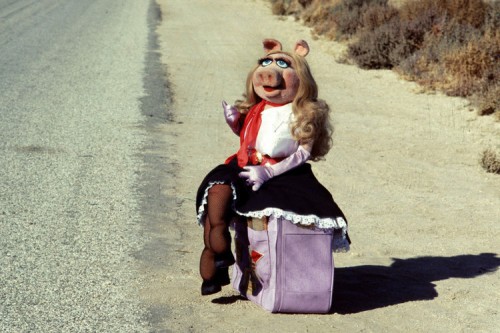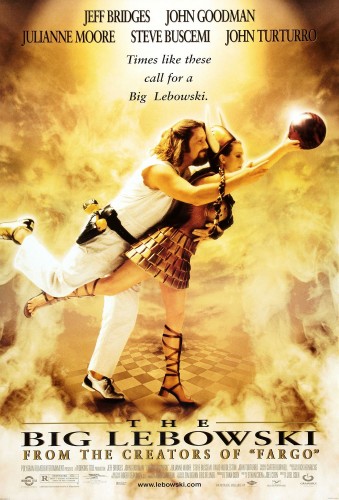Asexuality and Queerphobia in ‘Sherlock’
Sherlock is a fantastic show. As you can probably guess, it’s inspired by the works of Sir Arthur Conan Doyle, but imagined in modern-day London. Benedict Cumberbatch’s Sherlock is arrogantly cerebral and painfully introverted, finding a perfect foil in the loyal and more rational ex-military doctor John Watson (Martin Freeman). Together, they form your classic unlikely pair that brings out all the best in each other, intensified by the adrenaline rush of high-stakes crime solving. The jokes are witty, the pacing is breakneck, and the emotion is genuine.

